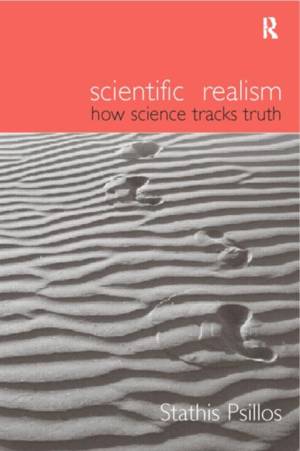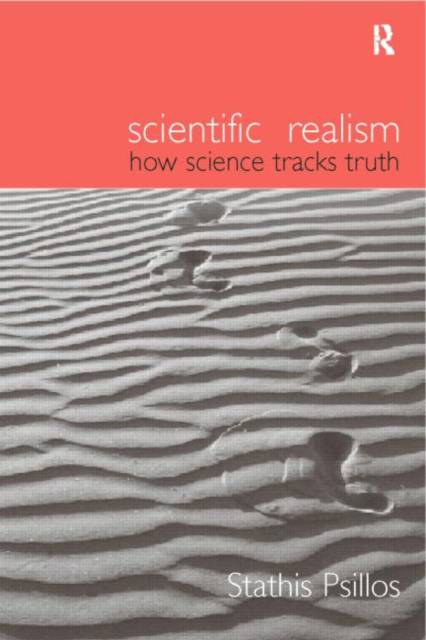
- Afhalen na 1 uur in een winkel met voorraad
- Gratis thuislevering in België vanaf € 30
- Ruim aanbod met 7 miljoen producten
- Afhalen na 1 uur in een winkel met voorraad
- Gratis thuislevering in België vanaf € 30
- Ruim aanbod met 7 miljoen producten
Omschrijving
Scientific realism is the optimistic view that modern science is on the right track: that the world really is the way our best scientific theories describe it . In his book, Stathis Psillos gives us a detailed and comprehensive study which restores the intuitive plausibility of scientific realism. We see that throughout the twentieth century, scientific realism has been challenged by philosophical positions from all angles: from reductive empiricism, to instrumentalism and to modern sceptical empiricism.
Scientific Realism explains that the history of science does not undermine the arguments for scientific realism, but instead makes it reasonable to accept scientific realism as the best philosophical account of science, its empirical success, its progress and its practice.
Anyone wishing to gain a deeper understanding of the state of modern science and why scientific realism is plausible, should read this book.
Specificaties
Betrokkenen
- Auteur(s):
- Uitgeverij:
Inhoud
- Aantal bladzijden:
- 368
- Taal:
- Engels
- Reeks:
Eigenschappen
- Productcode (EAN):
- 9780415208185
- Verschijningsdatum:
- 21/10/1999
- Uitvoering:
- Hardcover
- Formaat:
- Genaaid
- Afmetingen:
- 160 mm x 235 mm
- Gewicht:
- 730 g

Alleen bij Standaard Boekhandel
Beoordelingen
We publiceren alleen reviews die voldoen aan de voorwaarden voor reviews. Bekijk onze voorwaarden voor reviews.











